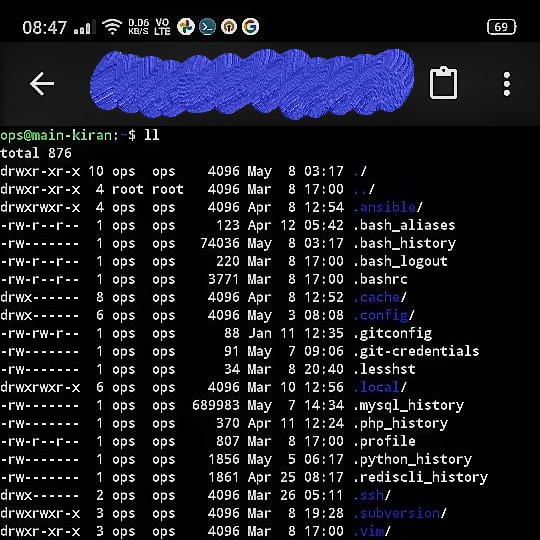Solution 3
func mergeAlternately(word1 string, word2 string) string {
/*Solution 3
Create res variable
Loop over shorter string
Concat longer string
Use string builder
*/
var res strings.Builder
var i int
for i=0;i<min(len(word1),len(word2));i++{
res.Write([]byte{word1[i],word2[i]})
}
if len(word1)-i>0{
res.WriteString(word1[i:])
} else {
res.WriteString(word2[i:])
}
return res.String()
}

Time Complexity – O(m+n)
Space Complexity – O(m+n)
func mergeAlternately(word1 string, word2 string) string {
resStr := "" // 1 time and space
w1Len := len(word1) // 1 time and m space
w2Len := len(word2) // 1 time and n space
for i:=0;i<min(w1Len,w2Len);i++{ // min(m,n) time and 1 space
resStr+=string(word1[i]) // 1 time and 1 space
resStr+=string(word2[i]) // 1 time and 1 space
}
if w1Len<w2Len{ // 1 time
resStr+=word2[w1Len:] // n-m time and n-m space
} else {
resStr+=word1[w2Len:] // m-n time and m-n space
}
return resStr
}
/*
total time complexity:
1+1+1+2*min(m,n)+1+1+1+(n-m or m-n) = O(m+n)
total space complexity:
1+2*min(m,n)+1+1+1+(n-m or m-n) = O(m+n)
*/
Solution 2
func mergeAlternately(word1 string, word2 string) string {
resStr := ""
w1Len := len(word1)
w2Len := len(word2)
for i:=0;i<max(w1Len,w2Len);i++{
if i<w1Len{
resStr+=string(word1[i])
}
if i<w2Len{
resStr+=string(word2[i])
}
}
return resStr
}

Solution 1
func mergeAlternately(word1 string, word2 string) string {
resStr := ""
w1Len := len(word1)
w2Len := len(word2)
for i:=0;i<min(w1Len,w2Len);i++{
resStr+=string(word1[i])
resStr+=string(word2[i])
}
if w1Len<w2Len{
resStr+=word2[w1Len:]
} else {
resStr+=word1[w2Len:]
}
return resStr
}







